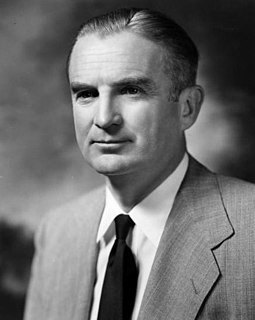A Quote by Joshua Oppenheimer
Military rule in Indonesia formally ended in 1998, but the army remains above the law.
Related Quotes
We have been under military rule since 1952, when a group of army officers overthrew Egypt's monarchy and ended Britain's occupation of the country. But that only replaced an external occupation with an internal one, in which favored sons of the armed forces replaced their uniforms with suits, a move meant to create a semblance of civilian rule.
In respect of Indonesia, I am determined to be the best possible friend of Indonesia that I can be, consistent with my overriding duty to protect our country. We would never do anything that was damaging to Indonesia, because we want Indonesia to flourish. We want Indonesia to take its rightful place as one of the really important countries of the world, as it will, sooner or later.
In recent years the military has gradually been eased out of political life in Turkey. The military budget is now subject to much more parliamentary scrutiny than before. The National Security Council, through which the military used to exercise influence over the government is now a purely consultative body. But Turkish society still sees the military as the guarantor of law and order. The army is trusted, held in high regard - though not by dissident liberals. When things go wrong, people expect the military to intervene, as they've intervened over and over again in Turkish history.
Influence is best measured not only by military hardware and GDP, but also by other people's perceptions that we, the United States, are using our power legitimately. That belief - that we are acting in the interests of the global commons and in accordance with the rule of law - is what the military would call a 'force multiplier.'
After the death of the sadistic dictator Gen. Sanni Abacha in 1998, Nigeria underwent a one-year transitional military administration headed by Gen. Abdulsalami Abubakar, who uncharacteristically bowed out precisely on the promised date for military disengagement. Did the military truly disengage, however? No.
When a sixth of the population of a nation which has undertaken to be the refuge of liberty are slaves, and a whole country [Mexico] is unjustly overrun and conquered by a foreign army, and subjected to military law, I think that it is not too soon for honest men to rebel and revolutionize. What makes this duty the more urgent is the fact that the country so overrun is not our own, but ours is the invading army.




































